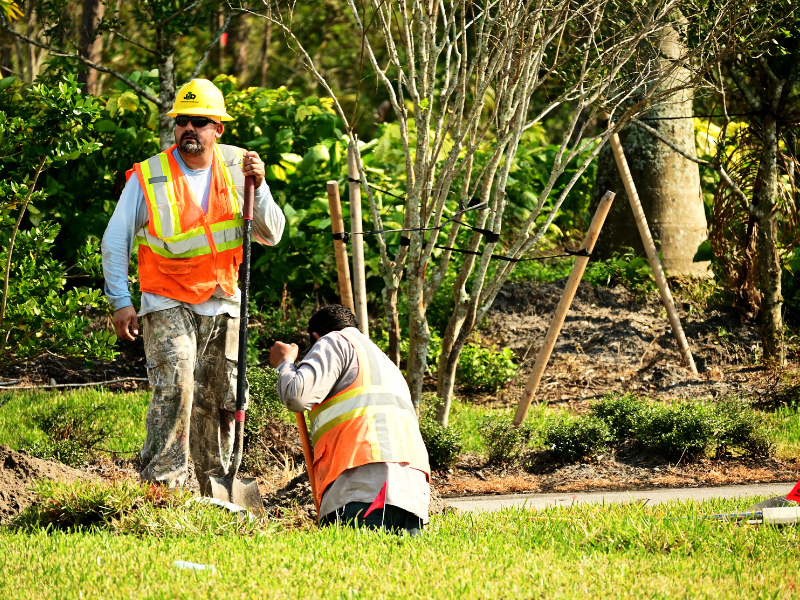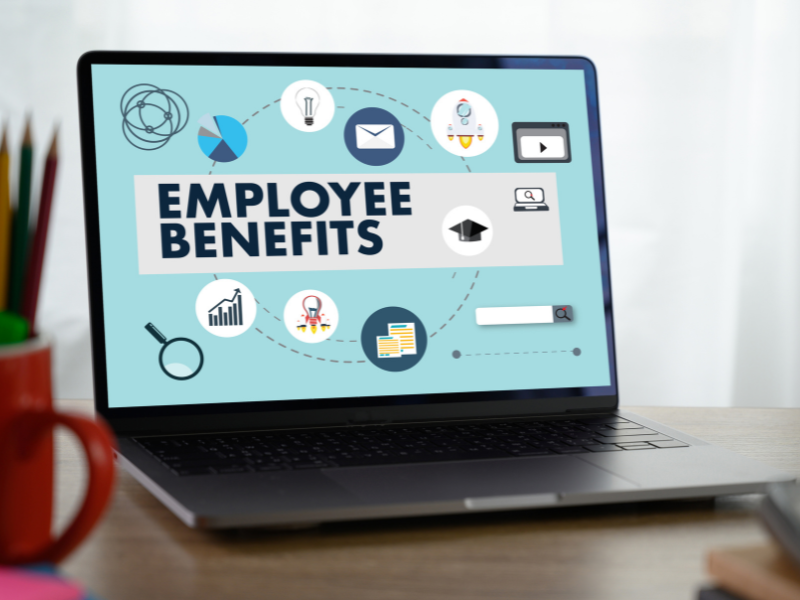Whether you’re a business owner or an employee, workers’ compensation insurance is a great way to help ensure that you’re financially protected if a workplace injury occurs. In some instances, common myths about workers’ comp can deter employers from getting it for their employees or deter employees from seeking the help they need. Keep reading to learn about the top 5 misconceptions about workers’ compensation in Florida.
Myth #1: Workers’ Compensation is Too Expensive for Small Businesses.
Though traditional workers’ compensation policies can be costly for small businesses, there are other options. Professional employer organizations (PEOs) offer affordable workers’ compensation insurance with a pay-as-you-go approach.
Some small businesses hire people on a project-to-project basis, meaning they won’t need workers’ comp coverage indefinitely, but only for a limited time. The flexibility of PEO workers’ comp often works well for small businesses that need something more specific to their industry with the option for short-term policies. Choosing a pay-as-you-go program means you’ll only pay for what you need.
Myth #2: I’m not eligible for workers’ comp if the accident was my fault.
Workers’ compensation is meant to protect you from any accidents that take place while you’re on the job—whether or not you’re technically at fault. However, you may not be eligible for compensation if you’re injured due to your own recklessness at work. If you’re found to have been intoxicated from drugs or alcohol when the accident occurred, you likely won’t qualify for benefits.
Myth #3: Only large corporations need workers’ compensation insurance.
Depending on the size of your business, the industry of work you’re in will likely dictate whether or not workers’ compensation is needed. Though in some states, small businesses aren’t legally required to have workers’ compensation, it’s always a good idea to have it. No matter how close you are with your employees, if someone gets injured at work, they can still sue you for damages. It’s far better to be safe than sorry when it comes to a potential lawsuit.
Additionally, in the incredibly unfortunate event that one of your employees dies from their injuries, their family members can choose to sue. Even with very few employees, workers’ comp can help protect your employees as well as you and your business financially in the event an injury occurs.
Myth #4: I could get fired if I try to seek compensation for an injury.
If you have a workplace injury, it’s your right to seek the compensation you deserve. In some cases, people who are injured on the job don’t seek compensation for their injury for fear of being fired or treated poorly at work. If you seek compensation after a workplace accident and your employer retaliates with negative treatment at work or fires you unjustly, it’s crucial that you file a complaint. You can reach out at a state or even federal level if this takes place.
Myth #5: I didn’t get medical care right away so now it’s too late.
Though it is your safest bet to get medical care right away, it’s also understandable that the adrenaline from the accident may initially mask any injuries. It is crucial that you at least notify your employer of the injury as soon as possible—at least within the first thirty days of it taking place. When you do, include as many details as possible in terms of your injuries. Mention everything you can, even if the sensations you feel are mild. It can sometimes take days or weeks for pain to really sink in after an accident.




